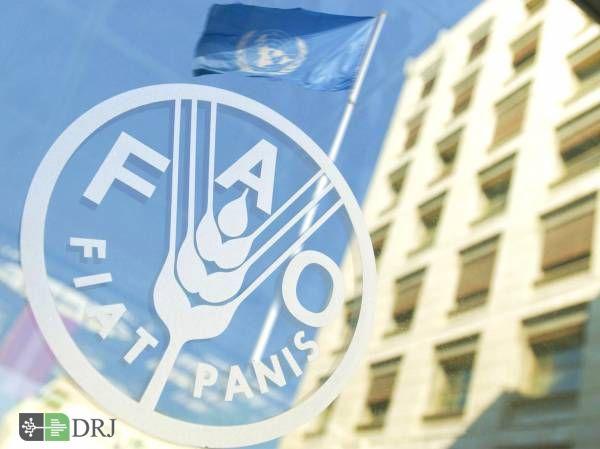Restaurants in Seattle must stop offering plastic straws and utensils starting July 1 as the first large city to ban such products.
Instead, eateries will have to give customers compostable straws and cutlery. Or diners will have to bring their own.
The city passed its ban on single-use disposable food-service items in 2008, which started with clamshell containers made of foam or plastic the following year. But the utensil and straw ban was exempted with a yearly waiver until a market matured to provide affordable and effective replacement items to any business that serves food, whether in private or public settings.
The city says that time has come.
Billions, if not tens of billions of single-use plastic straws are thrown away each year globally--there are disputes about the larger end of the range. From 1989 to 2014, the California Coastal Cleanup Day picked up over 700,000 straws and stirrers from beaches, or about 4% of total items.
Straws receive more negative attention than plastic utensils, even as they have less mass, as they blow their way out of the trash and waste stream, and they float in water, making their presence more obvious. Most notably, a 2015 video of a straw embedded in sea turtle’s nose brought worldwide attention.
Seattle isn’t alone. Malibu, Calif., with a population of 13,000, implemented a plastic straw ban on June 1. Meanwhile, a number of other cities have straw bans in their sights, including New York City, Delray Beach, Fla., and the entire state of California. The European Union this year also proposed an outright ban on all single-use plastic utensils, including straws.
The elimination of plastic straws doesn’t win universal approval, however, with disability advocates noting that many people are unable to hold or drink a beverage without one. Compostable straws are an alternative, says David Perry, a columnist for Pacific Standard Magazine who writes frequently about disability issues. But via direct message, he says that many varieties come with drawbacks.
Suggesting people bring a straw with them isn’t practical, he says. “No one should have to carry a straw just to make sure that they can have access to a drink.” Perry advocates a shift to requesting straws. His son, who has Down syndrome, manages drinks well with a standard plastic straw and a few kinds of non-paper compostable ones.
In advance of the Seattle regulation going into effect, starting last year over 200 food-service locations in Seattle voluntarily agreed to stop offering plastic straws in partnership with the Strawless in Seattle program from Lonely Whale, an ocean initiative that’s part of the nonprofit Social and Environmental Entrepreneurs. Lonely Whale estimates 2.3 million straws were kept out of the Seattle waste stream in September 2017 as a result. Seattle has about 5,000 permitted food-service locations.
Some previous efforts to reduce straw and utensil use relied on recyclable materials, but those proved too difficult to sort from the single-use variety, which can result in entire loads of recyclable materials being rejected for contamination. Seattle’s rule allows compostable items only, and the major local composting contractors have posted lists of specific paper and biodegradable straws and other items they accept.
Seattle was among the first major U.S. cities to attempt to restrict the use of disposable retail bags with a law passed in 2008. After an industry-funded initiative overturned the initial ban the following year, the city council in 2011 approved a complete ban on the use of nearly all plastic bags coupled with a 5-cent fee on paper bags that retail stores collect and keep. That law remains in place.

ایده ها برای استارت آپ موجب رونق کسب و کارهای اینترنتی
آینده / استارت آپ

استارتآپها ادبیات بازار سرمایه را بلدند؟
استارت آپ

صدور تاییدیه دانش بنیانی شتابدهنده صدر فردا
اخبار / استارت آپ
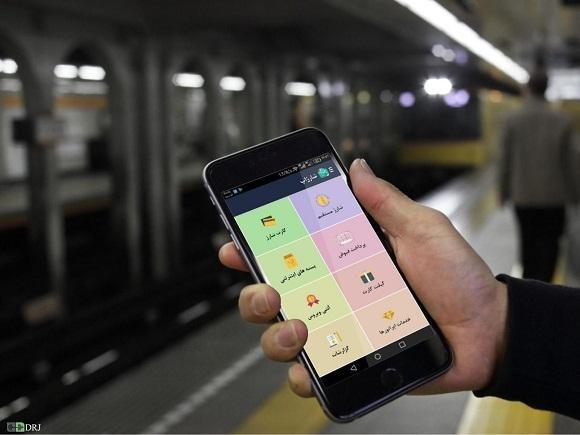
اپلیکیشن شارژاپ
گوناگون / استارت آپ / رپرتاژ آگهی / بازتاب

جذابترین ایدههای B2B در سال 2020
استارت آپ

تعریف استارت آپ startup
دانشنامه / استارت آپ / مقاله

۱۰ استارتاپ که بدون سرمایه به سوددهی رسیدند
استارت آپ
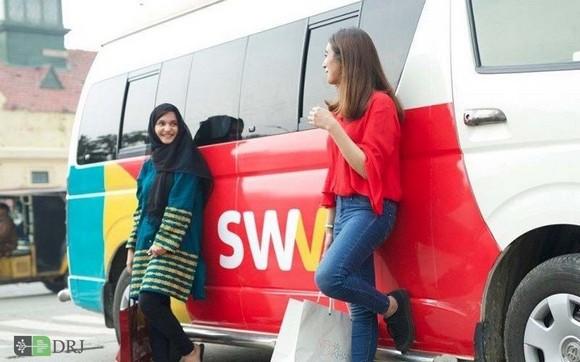
ایده ها و پیشنهاد برای استارت آپ در سال جدید
راهکارها و ترفند ها / استارت آپ
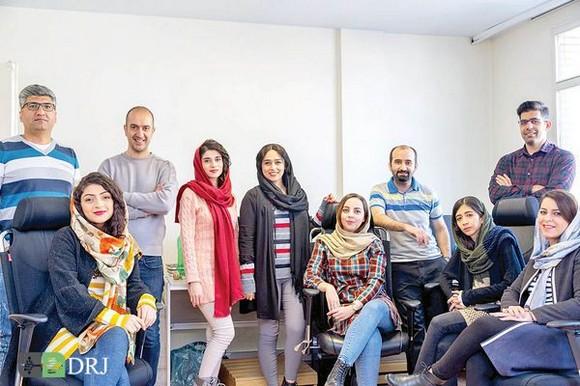
استارتآپ ایرانی؛ مرجع اول زنان افغان
استارت آپ
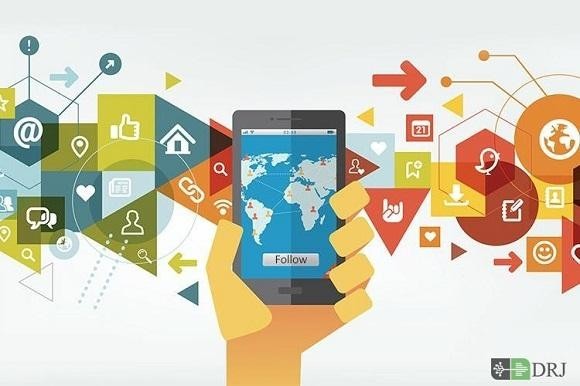
شروع یک کسب و کار نوپا پلتفرمی
استارت آپ
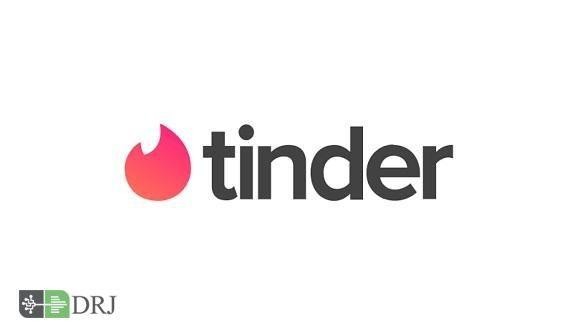
برنامه شبکه اجتماعی تیندر
گوناگون / معرفی وب سایت / استارت آپ
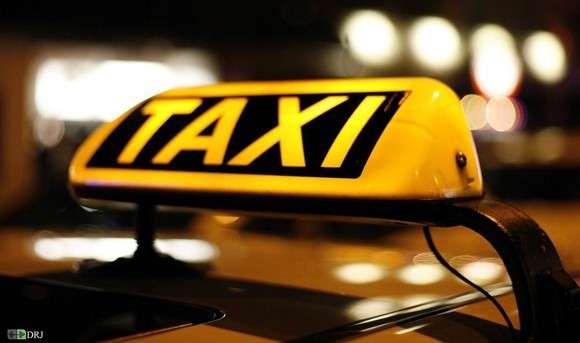
10 استارت آپ برتر تاکسیرانی جهان
استارت آپ
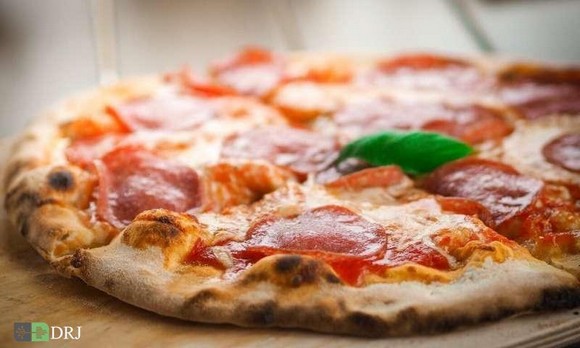
پخت پیتزاهای هیجان انگیز با هوش مصنوعی
آینده / استارت آپ
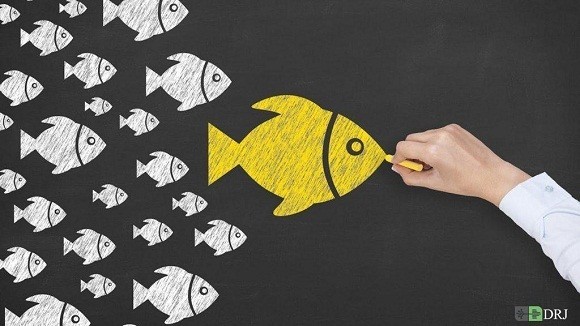
ایده های استارتاپی فراموش شده
دورنما / بازار / استارت آپ

اپل، استارتاپ فناوری خودران Drive.ai را تصاحب کرد
استارت آپ

بررسی مهمترین چالشهای تیمهای استارتاپی
استارت آپ

نگرانی کاربران از هزینه تعمیر و تامین قطعات
گفت و گو / بازار / استارت آپ
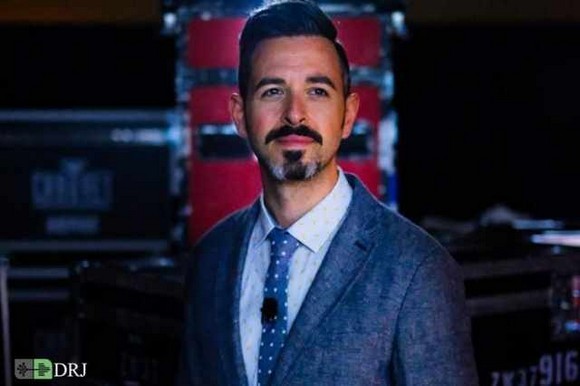
مصاحبه با مدیرعامل و بنیانگذار استارتاپ Moz
گفت و گو / استارت آپ
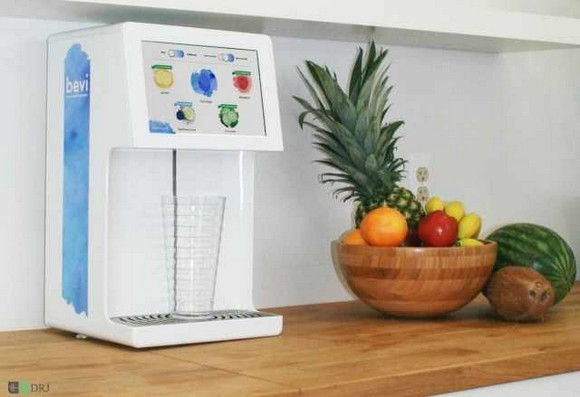
آشنایی با استارت آپ های حوزه مدیریت آب
استارت آپ

راه اندازی ۷۰ استارت آپ توسط نخبگان ایرانی
استارت آپ

معرفی هشت استارتآپ موفق ایرانی در حوزه فینتک
استارت آپ

اولین مرورگر شرعی دنیا
استارت آپ

از صفر تا پیست
استارت آپ
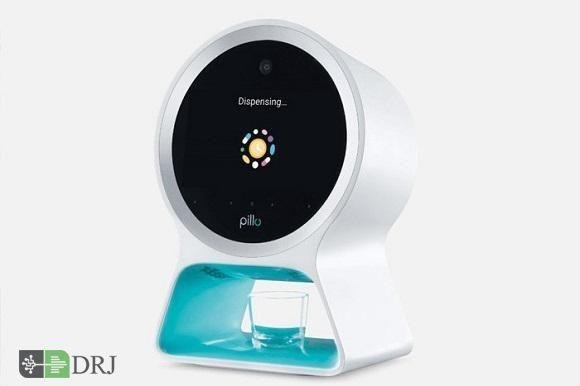
معرفی برترین استارتاپهای CES 2019
اخبار / استارت آپ

ازدواج با فرد ثروتمند یا خوش اخلاق
سبک زندگی / برترین ها

هدف از تشکیل خانواده چیست
سبک زندگی

اول عاشق شویم، بعد ازدواج کنیم
سبک زندگی

خانواده چیست
سبک زندگی

مشاوره خانواده چیست؟
سبک زندگی

اولویتهای پسانداز خانواده چیست؟
سبک زندگی

هزینه های خانواده چیست؟
سبک زندگی

راهکار بیشتر حرف زدن اعضای خانواده چیست؟
سبک زندگی

چرخه زندگی و خانواده چیست؟
سبک زندگی

اهداف و اصول تشکیل خانواده
سبک زندگی

آموزش جنسی نادرست به سبک خانم جلسه ای
سبک زندگی
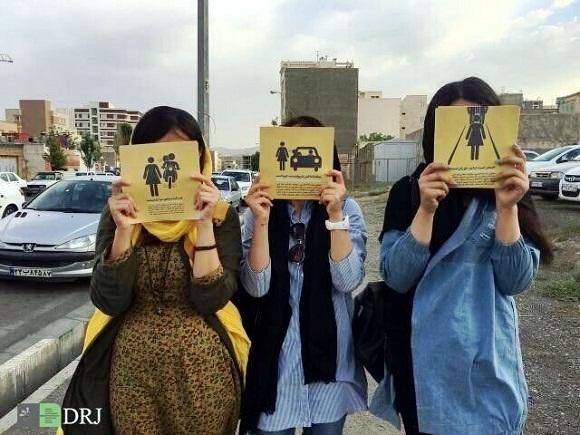
لطفا تماشاچی آزار زنان نباشید!
سبک زندگی

کودک آزاری؛ از نشانهها و دلایل تا درمان
گزارش / سبک زندگی / پرورش کودکان

روش های تعیین هدف و مسیر زندگی برای رسیدن به موفقیت
سبک زندگی
مجله اینترنتی دیپروتد نشریه مجازی بر بستر اینترنت به مسائل آموزشی و مقالات پیرامون کسب وکار های نوپا یا استارت آپ ها و سبک زندگی است فعالیت و محتوای مطالب ارائه شده در سایت همه بیشتر در حوزه مدیریت، کارآفرینی ، روانشناسی ،اقتصادی و فناوری اطلاعات است نام اصلی دیپروتد "ریشه های عمیق " با مجوز رسمی از هیات نظارت برمطبوعات مشغول به فعالیت است
ما را در شبکه های اجتماعی دنبال کنید
تمامی حقوق برای سایت فوق محفوط است.
S-TECH: ایرانی توانمند | Powered by: مجله اینترنتی دیپروتد





